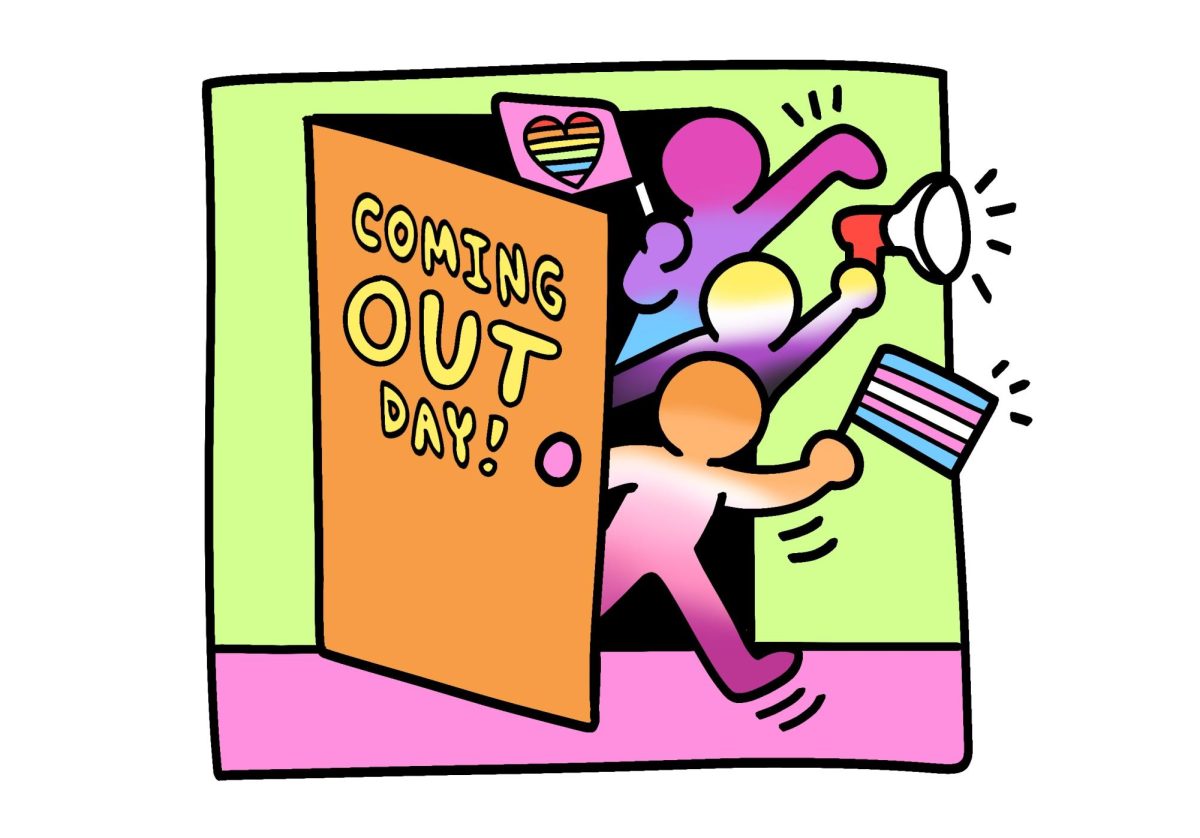Is revenge worth it? While justice is best left to the legal system most of the time, there are situations where taking revenge can be harmless and actually quite gratifying. While we have moved past “an eye for an eye,” sometimes the adage is fitting. But, it all depends on the situation.
Revenge is sweet. Your “just desserts” are a “dish best served cold” sounds like ice cream. There is a good reason revenge is regarded as delectable. Revenge has been found to be pleasurable, though it’s not like we needed hard evidence of that. However, to some, the dessert is too decadent — revenge is immature, shortsighted and an unnecessary expense of energy.
“Revenge is a negative response to a negative kind of thing,” said Kimathi Echessa, a third-year student at the University of Minnesota. “It’s almost like trying to fight two wrongs to make a right, which obviously is not how it works.”
Many people feel tempted to enact revenge when they’ve been wronged but, more often than not, they forgive and forget. Vengeance can be time-consuming and the psychological reward presented typically does not last long. Most importantly, perpetuating further harm leads to a net negative for everyone, whereas ending the cycle of conflict and pain usually promotes healing and growth. It’s definitely the more mature choice.
If you want to grow as a person and set a positive example, forgiveness is the best thing to do, Echessa said. Taking the high road demonstrates more wisdom, grace and contentment than the people who slight you.
“Some people might see revenge as teaching them a lesson or helping them learn, which I think brings up ethical concerns — is it really your right to tell someone else what to do?” Echessa said. “Again, two wrongs don’t make a right.”
Another popular adage: “The best revenge is living well.” Simply going on your merry way and living life unbothered by people who want to bring you down might be the most effective method of vengeance after all. Plus, no one gets hurt.
“I think just focusing on yourself and being successful, or minding your own business, is the harmless form of revenge,” said Arya Lucht, a second-year student at the University. “As soon as you start acting on your impulses for revenge, that’s where it starts to become harmful.”
Revenge can lead to poor outcomes for everyone involved. Depending on the severity of the action, vengeance only serves to cause further damage. “Getting even” doesn’t serve any material purpose and often makes those enacting it feel even worse.
Surprisingly, there is significant evidence suggesting that revenge, to a point, is just fine. It can be incredibly cathartic to bring someone down to your level. Even if it doesn’t cause the perpetrator to reflect on themself, it’s comforting to think it could.
When you think about it, it doesn’t make sense some wrongdoings should face retribution and some shouldn’t. A good judge would never acquit a murderer in the interest of “taking the high road.” After all, without a bit of punishment, people won’t learn from their actions — that’s basic psychology. However, it’s a fine line.
“My thesis on it is: if it’s something that just really inconveniences you, if revenge is just something that’s really inconvenient, I feel like that’s harmless,” said Quinn Elliott, a fourth-year student at the University. She said doing something that affects someone “for longer than maybe a day or two” crosses the line, but “if it’s something that’s just like, ‘Oh, this sucks, and I’m gonna have to deal with this now,’ I think that’s fair.”
Many infractions are best left to the law. Sometimes, the best revenge is a call to 911. But some cases are different, especially in instances of real crime. Police don’t investigate every report. They have also demonstrated inconsistent dependability in recent years. It makes sense they don’t always seem like an option.
“My first-ever boyfriend when I was 14 cheated on me,” said Josephine Ouellette, a third-year student at the University of Minnesota. He also committed a crime against her, she said, that the justice system likely would not have taken seriously. “So I punched him in the mouth at Valleyfair.”
Vigilante justice is certainly uncouth. However, in the face of gross injustice, it might be the only option for any kind of retribution and there is no avoiding the simple fact that revenge feels great. To me, that’s a win-win.
Out of so many adages, one is paramount: pick your battles. Know what you can do. Know what’s worth it. Know when to be petty and know when to call the cops.
The sad truth is people get away with nasty things, make mistakes and don’t learn from them, and do terrible things without getting their comeuppance. In a world that doesn’t even know what fairness is, it’s up to us to make life fair.
Sometimes, the only way to do justice is to do it ourselves.












